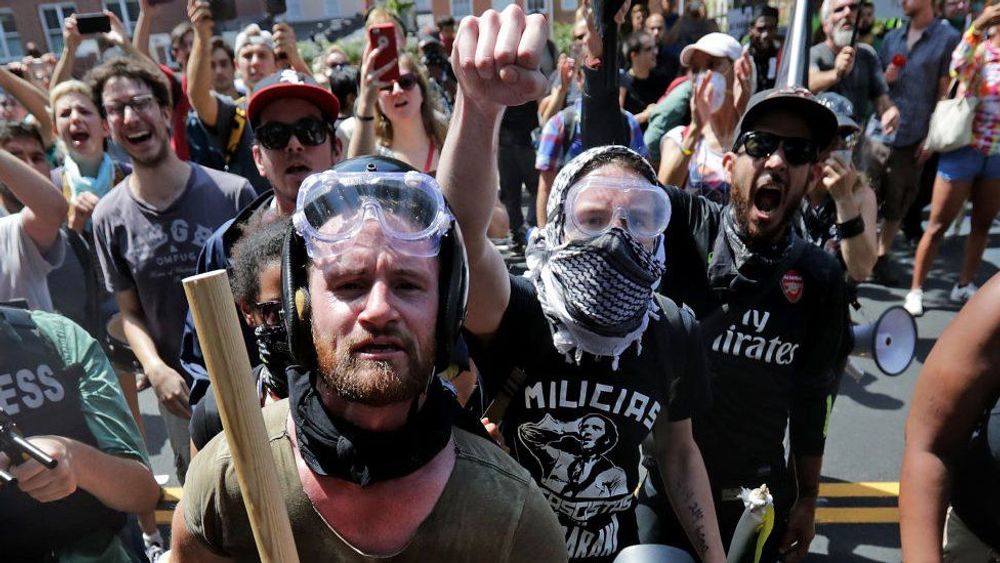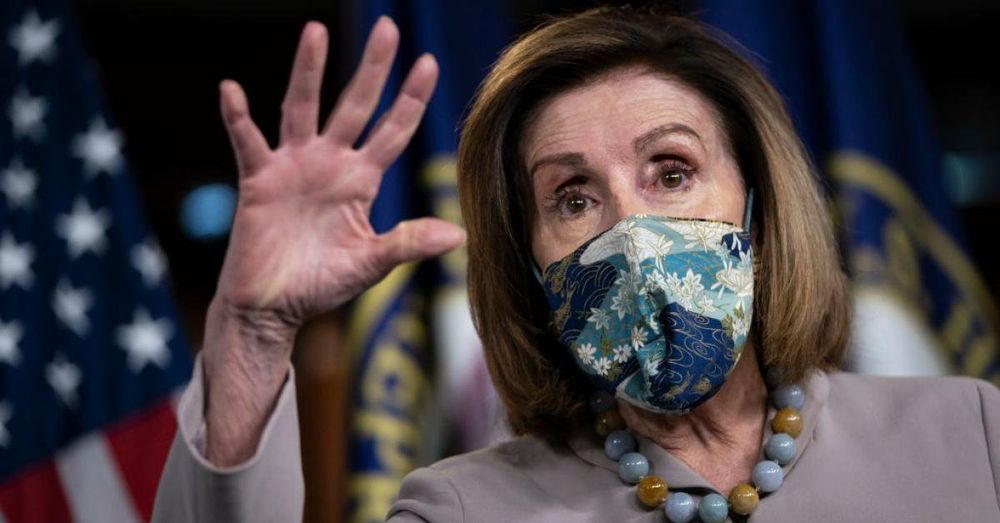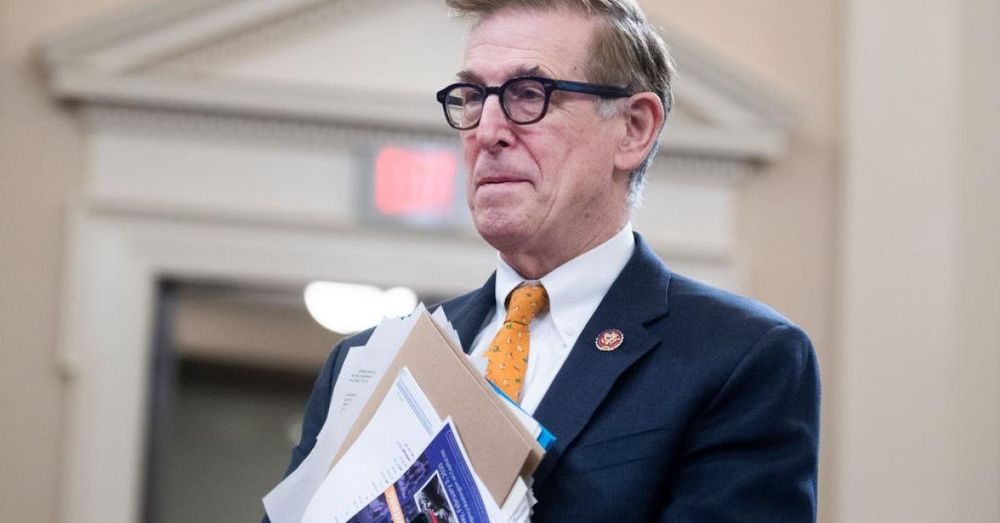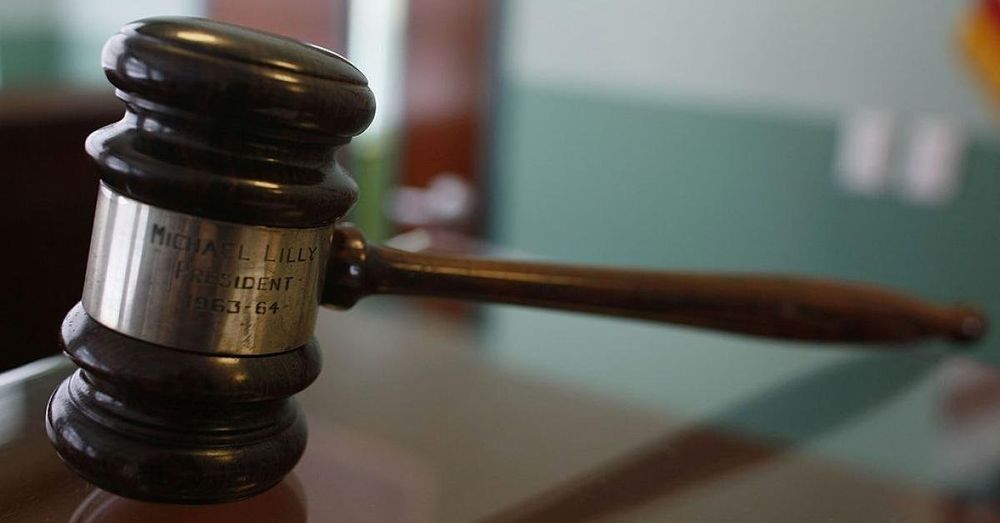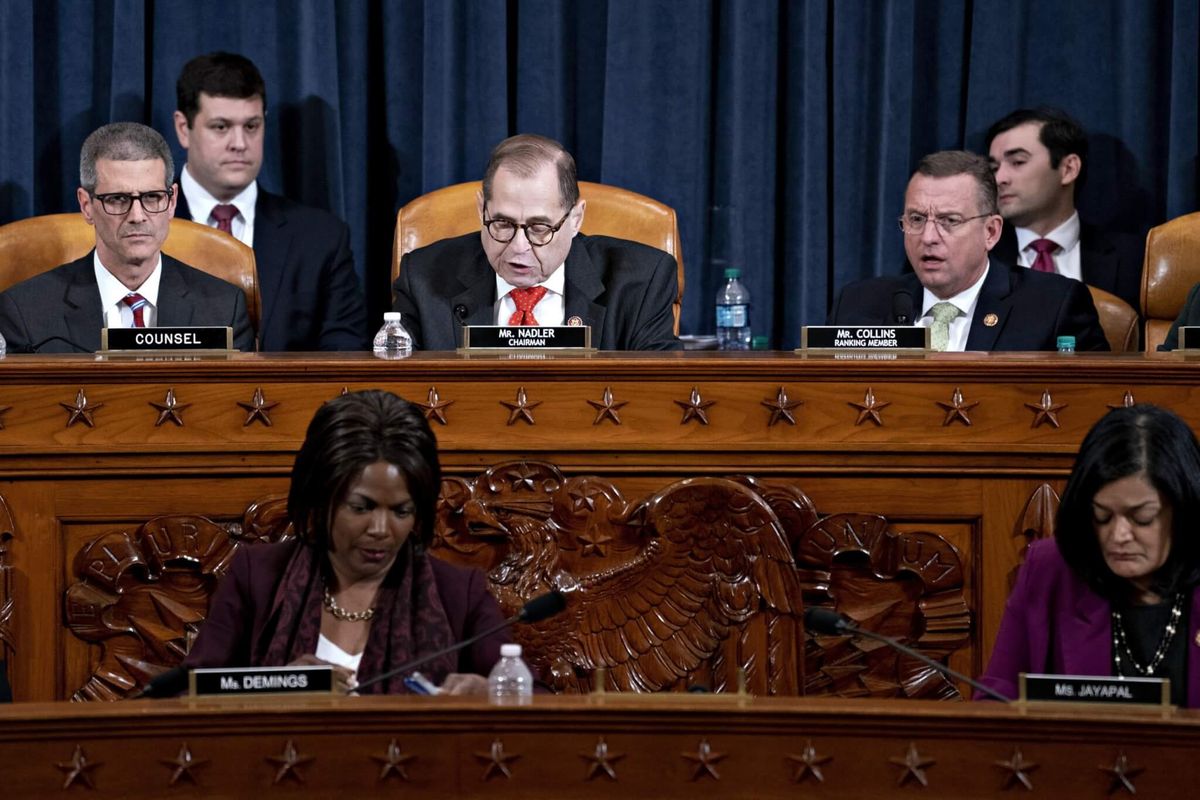
Judiciary Committee Restarts Marathon Debate, Before Voting on Impeachment
The U.S. House Judiciary Committee reconvenes Friday morning to vote on articles of impeachment against U.S. President Donald Trump. The committee recessed late Thursday after 14 hours of debate.
The Democratic-controlled committee rebuffed Republican attempts Thursday to weaken or throw out the allegations and instead will vote on sending them to the full House of Representatives for a vote, likely to be held next week.
Democratic lawmakers, after hours of at-times rancorous partisan claims and counterclaims with Republicans, rejected the Republican effort to eliminate the impeachment allegation that Trump abused the presidency by pushing Ukraine to investigate one of his chief 2020 Democratic election rivals, former Vice President Joe Biden.
The committee is also expected to approve a second article of impeachment, that Trump obstructed Congress by refusing to turn over hundreds of documents to impeachment investigators and blocked key Trump administration officials from testifying. The unified Democratic majority has the votes to block Republican efforts aimed at slowing the push to impeach Trump.
Flawed case?
Republicans contended that the case against Trump is flawed, that the committee was rushing to judgment without hearing more witnesses. They noted that Trump in September released the $391 million in military aid to Ukraine that Trump had temporarily blocked without Ukrainian President Volodymyr Zelenskiy launching the politically tinged Biden investigation that the U.S. leader wanted.
Trump asked Zelenskiy in a late July phone call to "do us a favor" by opening the investigation of Biden, his son Hunter Biden's work for a Ukrainian natural gas company and a debunked theory that Ukraine worked to undermine Trump's 2016 election campaign.
Republican Congressman Jim Jordan, a staunch Trump ally, contended that the "us" in Trump's request was a reference to the United States, not to a Trump request to benefit himself politically.
But Democratic Congressman David Cicilline, supporting Trump's impeachment, said that Trump in his call with Zelenskiy "never once uttered the word corruption" to investigate corruption generally in Ukraine. "It was about a smear on Vice President Biden," Cicilline argued.
If the full House, as expected, votes to impeach Trump, he would become only the third American leader to be impeached in the country's 243-year history, setting the stage for a trial in the Republican-majority Senate in January, where his conviction and removal from office remains unlikely.
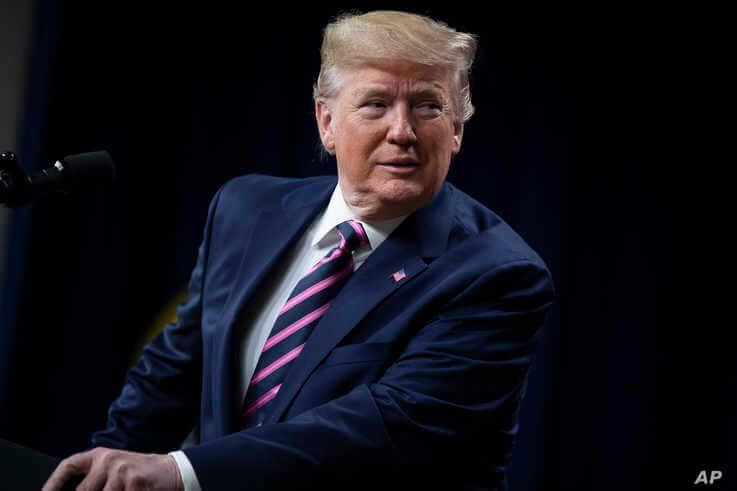
Trump's stance
Trump denies wrongdoing and has ridiculed the impeachment effort. He has repeatedly referred to his discussions with Zelenskiy as "perfect," and pointed to statements by Zelenskiy and other Ukrainian officials that they did not feel pressured by Trump to open the investigations in order to get the military assistance it wanted to help fight pro-Russian separatists in eastern Ukraine.
House Judiciary Committee chairman Jerrold Nadler said that by withholding the military assistance, Trump "weakens an ally who advances American security interests by fighting an American adversary" and "weakens America. And when the president demands that a foreign government investigate his domestic political rivals, he corrupts our elections."
The top Republican on the committee, Congressman Doug Collins, said Democrats have wanted to impeach Trump since the moment he took office in 2017, and that the facts of the case do not match the allegations they have presented.
"The president did not commit any crimes," he said. "The president had a longstanding skepticism of foreign aid and a deeply held belief that Ukraine was corrupt, and not a good destination for American taxpayer dollars."
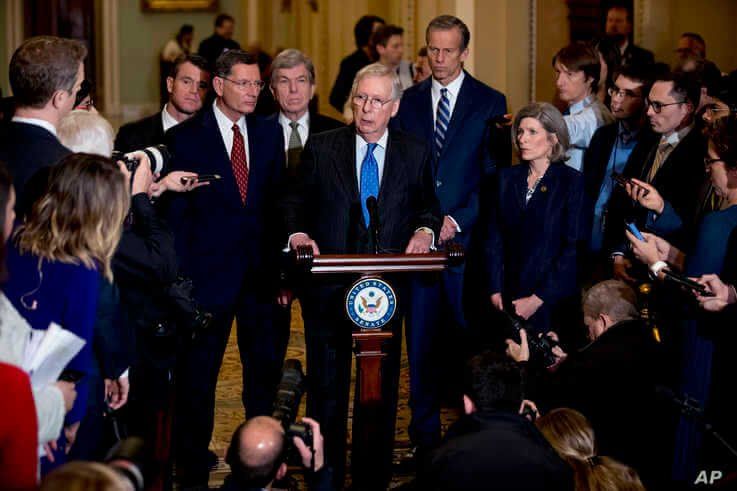
Next steps
Once the committee approves the articles, the full House with its Democratic majority is expected to vote on them next week.
The final step in the process would be a trial in the Senate, which Republican Majority Leader Mitch McConnell said Wednesday would occur next month.
"Assuming that House Democrats send us articles of impeachment next week, a Senate trial will have to be our first item of business in January," McConnell said.
A conviction in the Senate would lead to Trump's removal from office, but that is highly unlikely because at least 20 Republicans would have to side with Democrats to meet the required threshold of 67 of the chamber's 100 members.
Two other U.S. presidents — Andrew Johnson in the mid-19th century and Bill Clinton two decades ago — were impeached, but both were acquitted in the Senate and remained in office.
 Republican-Led Senate Looms as Trump’s SaviorNext PostAppeals Court Rehears Arguments in Trump Hotel Lawsuit
Republican-Led Senate Looms as Trump’s SaviorNext PostAppeals Court Rehears Arguments in Trump Hotel Lawsuit

